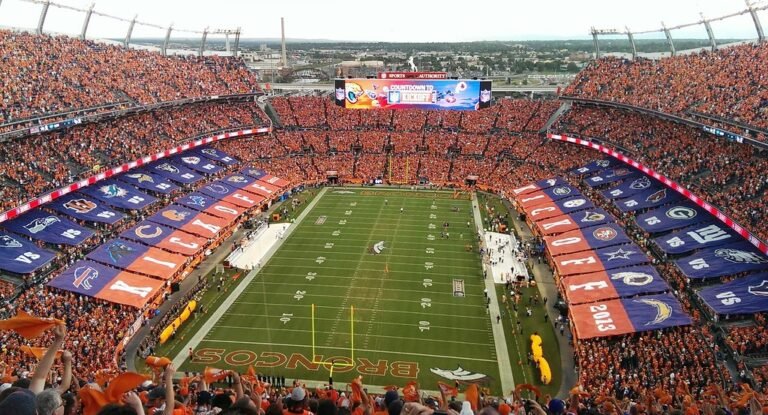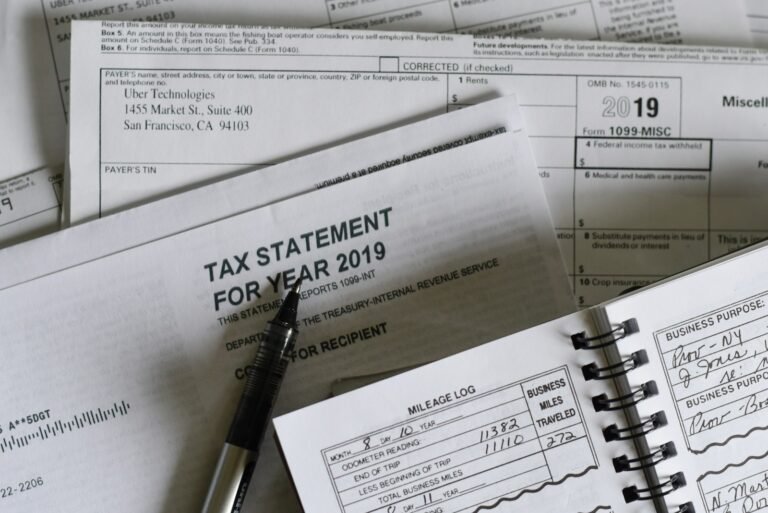
A bipartisan coalition of attorneys general, has secured a landmark settlement with the National Collegiate Athletic Association (NCAA) that will protect student athletes’ rights to benefit from their name, image, and likeness (NIL). The settlement resolves a lawsuit filed in May 2024, which accused the NCAA of violating federal antitrust laws by restricting athletes’ ability to learn about and earn from NIL opportunities before committing to a school.
Under the agreement, the NCAA will no longer enforce its NIL recruiting rules or implement similar policies. Additionally, the organization must publicly disclose any proposed NIL-related rules on a dedicated webpage for the next five years.
“Student athletes should have the freedom to decide the course of their athletic careers without restrictions that rig the game against them,” said Attorney General James. “This settlement ensures they are fully informed about NIL opportunities before committing to play.”
“For too long, the NCAA’s outdated restrictions unfairly limited student-athletes’ economic opportunities, holding them to a different standard and restricting their ability to benefit from their talent and hard work just like any other American. Virginia is proud to have helped lead the fight to protect student-athletes’ freedoms and create a more just and competitive future for college athletics,” said Virginia Attorney General Jason Miyares.
“We fought hard to protect the rights of Tennessee’s student-athletes and this settlement locks in the victory for them,” said Tennessee Attorney General Jonathan Skrmetti. “With a multi-billion-dollar entertainment industry rising from the foundation of college sports, the kids who make it all happen should not be the only people denied an opportunity to prosper. This settlement benefits generations of student-athletes, protects Tennessee universities from NCAA retaliation, and pushes college sports toward a new equilibrium that acknowledges financial reality while preserving competitive integrity. I’m glad to see the NCAA give up on defending a world that no longer exists. I hope the association’s laudable change of position marks a transition from acting as the worst kind of HOA toward cultivating a new era of great college sports for athletes, schools, and fans. We all dream of a future when you can keep up with college sports without having to learn the Federal Rules of Civil Procedure.”
The lawsuit, supported by attorneys general from Florida, Tennessee, Virginia, and the District of Columbia, argued that the NCAA’s rules unfairly limited athletes’ earning potential and created an uneven playing field. A federal judge previously sided with the states, blocking the NCAA from enforcing its NIL restrictions.



